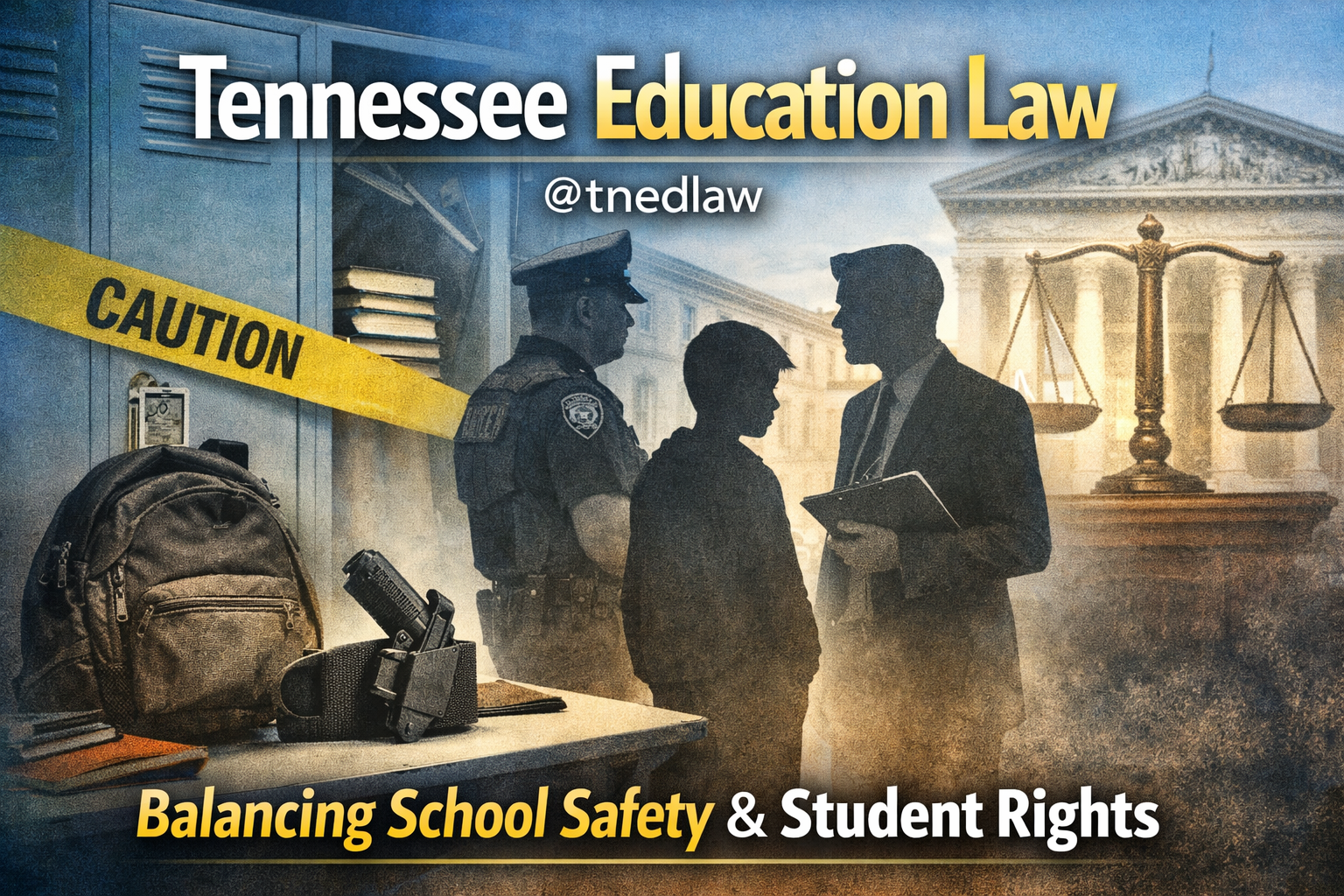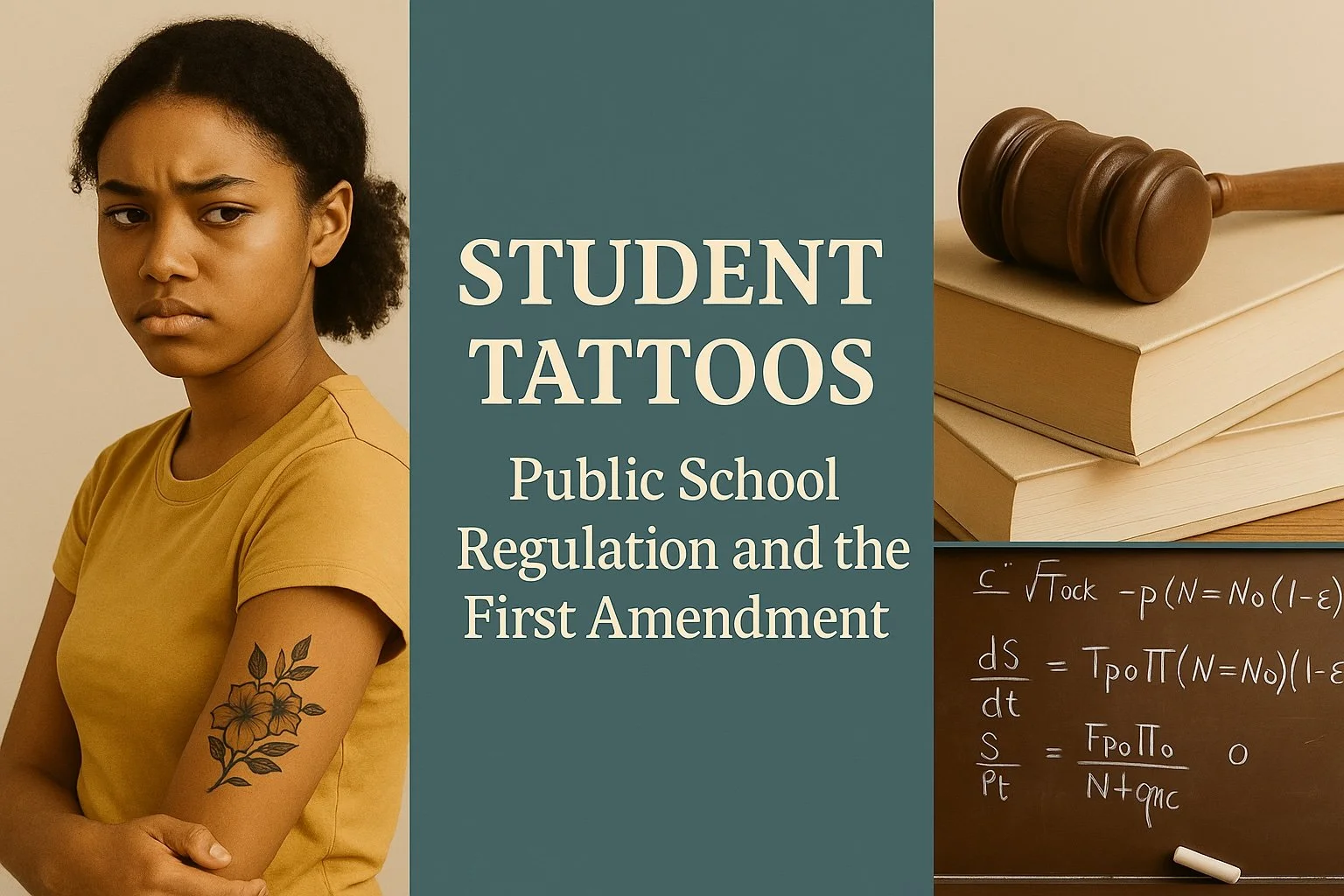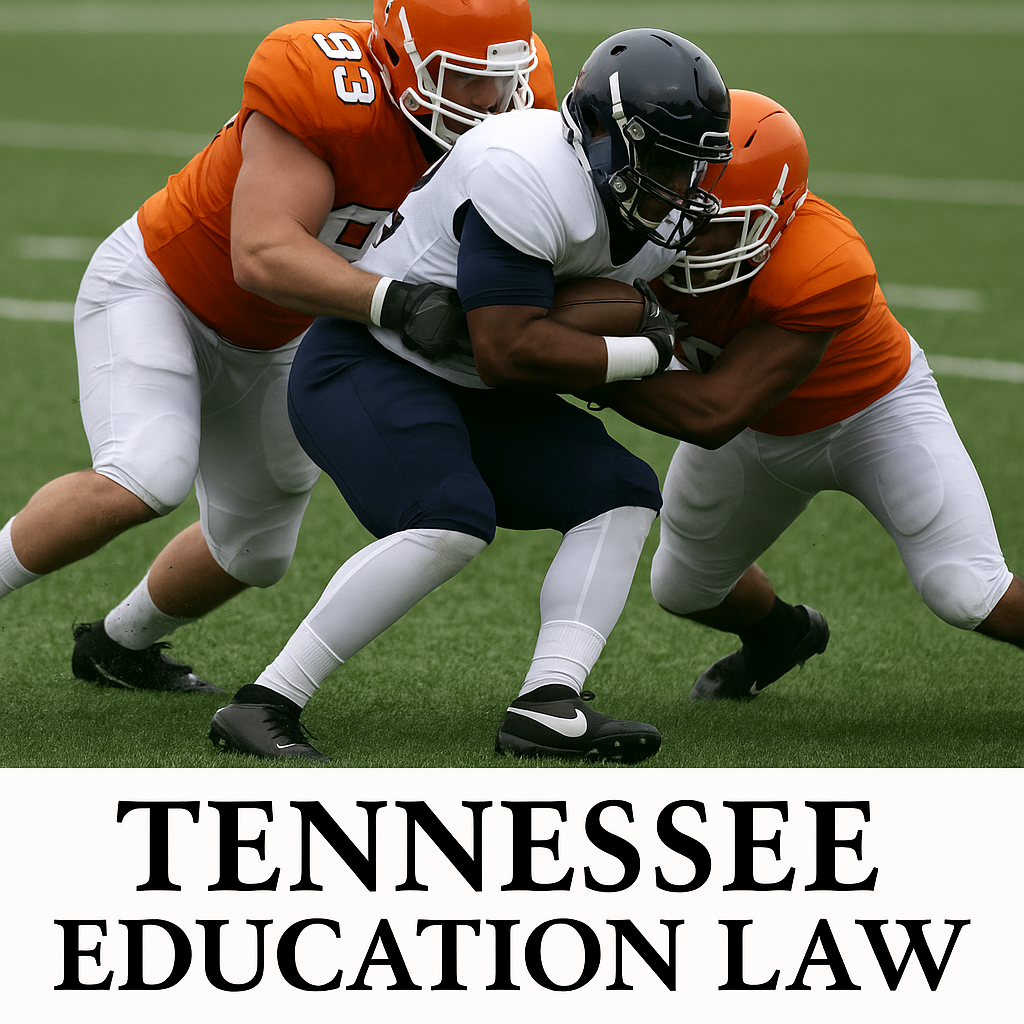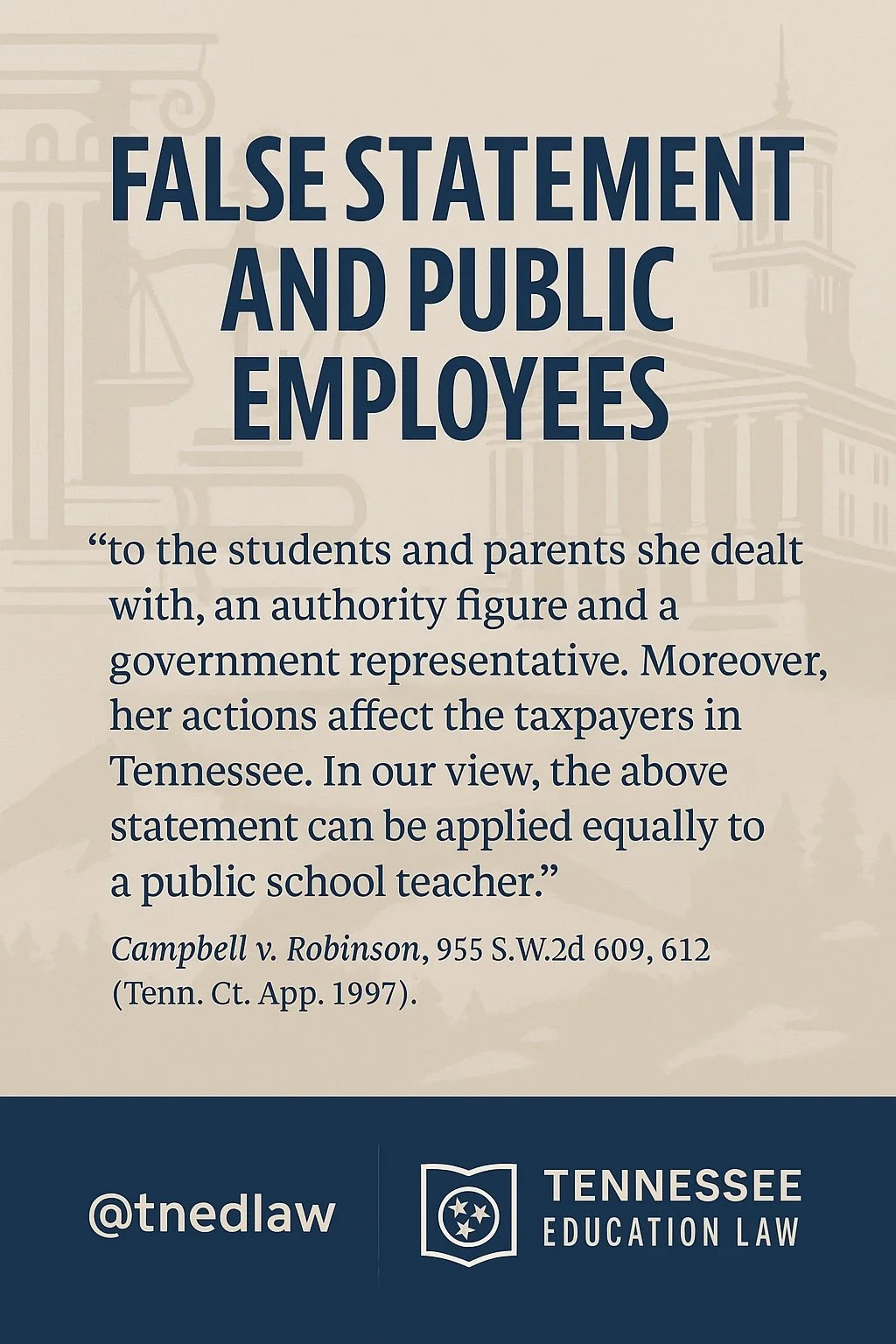
Legal Issues Facing Students and Educators
Safety, Searches and Student Rights
Recent Sixth Circuit decisions and new Tennessee laws clarify when schools may search or detain students after reported gun threats. This article explains how courts now define student “seizures,” what standards apply to school searches, and the additional safeguards required under Tennessee law—offering practical guidance for parents and educators navigating high-stakes discipline decisions.
Sixth Circuit Strikes Down School Pronoun Ban: What You Need To Know
Can a Tennessee school force a student to use someone’s preferred pronouns? A new federal court ruling says no — unless the student’s speech crosses the line into bullying or harassment. Tennessee’s own laws now reinforce that schools can regulate harmful conduct, but they cannot punish students simply for having different beliefs about gender. This article explains what the ruling means for Tennessee families, how schools must adjust their policies, and the rights parents can expect going forward.
What Tennessee School Officials and Sponsors Need to Know About Raffles
In Tennessee, raffles are considered gambling, not fundraising. Under Tenn. Code Ann. § 39-17-501, selling chances to win prizes is illegal unless approved under the Nonprofit Gaming Act. Public schools cannot hold raffles because they are government entities, not nonprofits. Only approved 501(c)(3) booster clubs or school foundations may apply for one “annual event” raffle each year through the Secretary of State and must receive General Assembly approval before selling tickets. Unapproved raffles can lead to criminal penalties. Schools should rely on legal fundraisers—auctions, merchandise sales, sponsorships, or free drawings—to stay compliant and protect their staff and supporters.
Navigating the Divide: Tennessee Schools’ Legal Obligations with Divorced Parents
Tennessee schools frequently face disputes between divorced parents over access to student records and control of educational decisions. The key to compliance lies in distinguishing information access (governed by FERPA) from decision authority (controlled by the Permanent Parenting Plan). This guide walks LEAs through the laws, responsibilities, and best practices for avoiding liability while protecting student privacy.
“Let’s Go Brandon” in the Classroom: When Political Speech Crosses the Line
When a Michigan middle school banned students from wearing “Let’s Go Brandon” shirts, the dispute quickly turned into a First Amendment test case.
For Tennessee educators, the message is clear: political speech is protected — profanity is not.
This new decision gives schools a defensible line to follow when student slogans blur the boundary between expression and civility.
Can Schools Ban Parents From Campus?
Tennessee law gives schools the authority to ban parents from campus when safety or order is at stake. Under T.C.A. § 49-6-2008, principals may remove individuals who are “improperly on the premises,” and violations can even rise to criminal trespass. But that authority has limits. Federal courts, including the Sixth Circuit, have ruled that parents cannot be banned simply for criticizing school officials—critical but non-threatening speech is protected under the First Amendment. Schools also face a special exception under federal special education law: the IDEA guarantees parents a seat at the table for IEP meetings, even if a trespass order is in place, requiring schools to provide remote participation options. The line between protected speech and unprotected conduct—like assault or repeated disruption—is the key legal battleground. Schools that act on clear threats are on firm ground; schools that retaliate against speech risk liability.
Student Speech and Body Art: Tattoos in Public Schools
Tattoos are protected symbolic speech under the First Amendment, meaning Tennessee schools cannot impose blanket bans. Any restriction must be narrowly tailored and tied to actual disruption or harm. Courts allow limits on vulgar or obscene tattoos, but the proper step is usually requiring coverage, not removal or suspension. Vague policies—like bans on “gang-related” or “offensive” tattoos—risk being struck down. For schools, the key is clarity, documentation, and using the least restrictive measures. Clear, narrow policies protect learning environments while respecting students’ constitutional rights.
Illegal Hits and Football Injuries: Legal Rights for Tennessee Athletes
Football players accept the risks of tough, physical play—but not reckless or malicious conduct. Tennessee law, following the landmark Hackbart case, allows athletes injured by illegal hits to pursue civil claims beyond league discipline. The key standard is recklessness, not simple negligence, and potential liability can extend to players, coaches, leagues, schools, equipment makers, and medical staff. Tennessee’s comparative fault system and the Governmental Tort Liability Act shape claims, especially for student-athletes. Damages may include medical bills, lost earning potential, pain and suffering, and in egregious cases, punitive damages. Bottom line: sportsmanship ends when safety rules are broken—and legal accountability begins.
False Statements and School Employees
False statements on social media can seriously damage Tennessee teachers, but defamation suits here face steep hurdles. Tennessee courts classify teachers as public officials, meaning they must prove actual malice—that the poster knew the statement was false or acted with reckless disregard for the truth (Campbell v. Robinson; Finney v. Jefferson). Teachers must also show real injury, such as reputational harm, emotional distress, or financial loss—anger alone isn’t enough. With strict deadlines (one year for libel, six months for slander), swift action and evidence preservation are critical. Cease-and-desist letters or retraction requests may help before filing suit. While difficult, litigation remains an option when actual malice and clear harm can be proven.
Can Teachers Be Fired for Off-Duty Speech?
Public school teachers do not give up their First Amendment rights, but those rights are limited. Under the Pickering-Connick test, teachers’ speech is only protected if it addresses a matter of public concern and does not cause substantial disruption. In today’s digital age, off-duty social media posts can quickly go viral, leading to parent complaints, media attention, and even safety concerns. Courts have consistently upheld discipline—including termination—when such disruption occurs. For private school teachers, the protections are even slimmer, as most work under at-will contracts. The takeaway: off-duty speech is never fully off-duty for educators.









